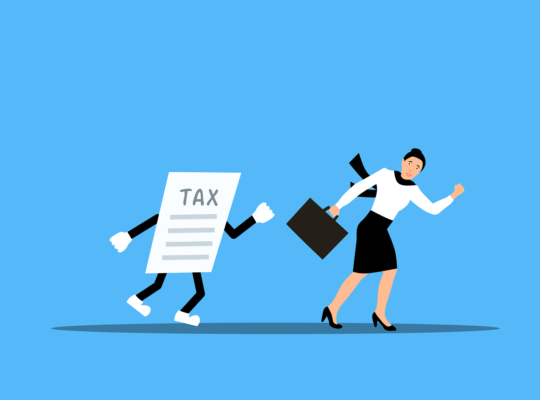Steps and Resources to Help You Take Control
Managing debt can be overwhelming, but with the right strategies and resources, you can take control of your finances and work towards a debt-free future. Here’s a comprehensive guide to help you understand and implement effective debt management strategies.
1. Assess Your Financial Situation
- List Your Debts: Start by listing all your debts, including credit cards, loans, and any other outstanding balances. Note the interest rates and minimum monthly payments for each.
- Calculate Your Total Debt: Sum up all your debts to understand the total amount you owe.
- Review Your Budget: Evaluate your monthly income and expenses to identify areas where you can cut back and allocate more towards debt repayment.
2. Prioritize Your Debts
- High-Interest Debts First: Focus on paying off debts with the highest interest rates first, as they cost you the most over time.
- Snowball Method: Alternatively, you can use the snowball method, where you pay off the smallest debts first to build momentum and motivation.
3. Create a Repayment Plan
- Set Clear Goals: Determine how much you can realistically pay towards your debts each month and set clear, achievable goals.
- Automate Payments: Set up automatic payments to ensure you never miss a due date and avoid late fees.
4. Explore Debt Reduction Strategies
- Debt Consolidation: Combine multiple debts into a single loan with a lower interest rate. This can simplify your payments and reduce overall interest costs.
- Balance Transfer: Transfer high-interest credit card debt to a card with a lower interest rate. Be mindful of any transfer fees and the duration of the lower rate.
- Negotiate with Creditors: Contact your creditors to negotiate lower interest rates or payment plans. Some may offer hardship programs or settlements for a reduced amount.
5. Seek Professional Help
- Credit Counseling: Work with a reputable credit counseling agency to create a personalized debt management plan.
- Debt Settlement: Consider hiring a debt settlement company to negotiate with creditors on your behalf, though this can impact your credit score.
6. Educate Yourself and Stay Informed
- Read Books and Articles: Educate yourself about personal finance and debt management through books, articles, and online resources.
- Attend Workshops and Webinars: Participate in financial literacy workshops and webinars to gain deeper insights and strategies.
7. Monitor Your Progress
- Track Your Payments: Keep track of your payments and celebrate milestones as you pay off your debts.
- Adjust Your Plan as Needed: Regularly review your repayment plan and make adjustments as your financial situation changes.
Resources
- National Foundation for Credit Counseling (NFCC): Offers credit counseling and debt management plans.
- Consumer Financial Protection Bureau (CFPB): Provides information on managing debt and protecting yourself from predatory practices.
- Debt Payoff Apps: Use apps like Undebt.it or Debt Payoff Planner to track and manage your debt repayment progress.
- Books: “The Total Money Makeover” by Dave Ramsey and “Your Money or Your Life” by Vicki Robin.
Managing debt requires discipline and dedication, but by following these steps and utilizing available resources, you can take control of your finances and work towards a debt-free future.




